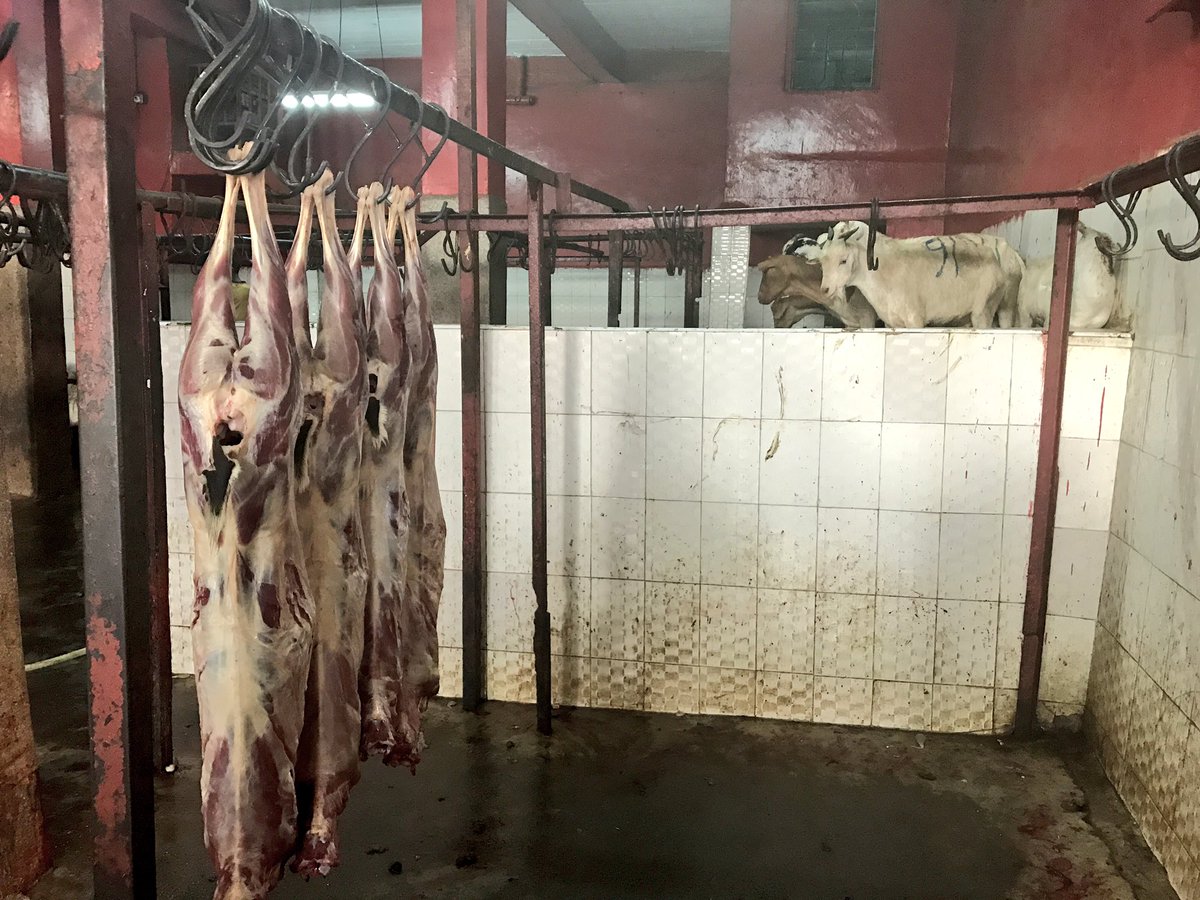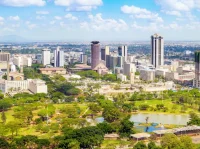The National Environmental Management Authority (Nema) has ordered the relocation of Kiamaiko Slaughterhouses
In a statement, NEMA Director General Geoffrey Wahungu said he has closed operations at the slaughterhouses and asked operators to comply. Wahungu also asked members of the public not to engage with them.
The closure and relocation comes following accusations that the slaughterhouses were released their effluents to the Nairobi River, whose cleanup is presently ongoing following a directive from President Uhuru Kenyatta as part of the city’s regeneration.
Wahungu said NEMA, the Nairobi County Government and Director of Veterinary Services will immediately commence decommissioning of the slaughterhouses.
On Monday, a NEMA official, Njoki Mukiri said the operators of the 15 slaughterhouses were issued with orders in 2015 to vacate the place but have continued to discharge untreated liquid waste into the river.
The director said the operators requested to be allowed a two-year period to buy land elsewhere and put up structures but none of them is yet to relocate.
“They got a site along Kangundo Road and started construction but we think they relaxed because there was no pressure.”
“We are not able to clean this river with the current status. So, ideally from Tuesday, there should be no slaughtering of animals here,” she said.
But owners of the abattoirs, under the umbrella of the Kiamaiko Slaughterhouse Association threatened to sue.
The slaughterhouses are a source of cheap goat meat for residents of the Eastlands part of Nairobi with the others that serve the area situated at Burma market and Ruai.
Their relocation is likely to hit locals hard as they construction in 1996 has boosted the economy, provided job opportunities for the youth and reduced crime levels.
The growth of the goat market led to other businesses opening their doors from car wash points to barber shops, fruit and vegetable stores to M-Pesa kiosks and even recreation centres.









![President William Ruto during the launch of Climate WorX in Nairobi. [Photo/PCS]](https://businesstoday.co.ke/wp-content/uploads/2024/10/President-William-Ruto-during-the-launch-of-Climate-WorX-in-Nairobi-1-e1727761613802.png)


Leave a comment